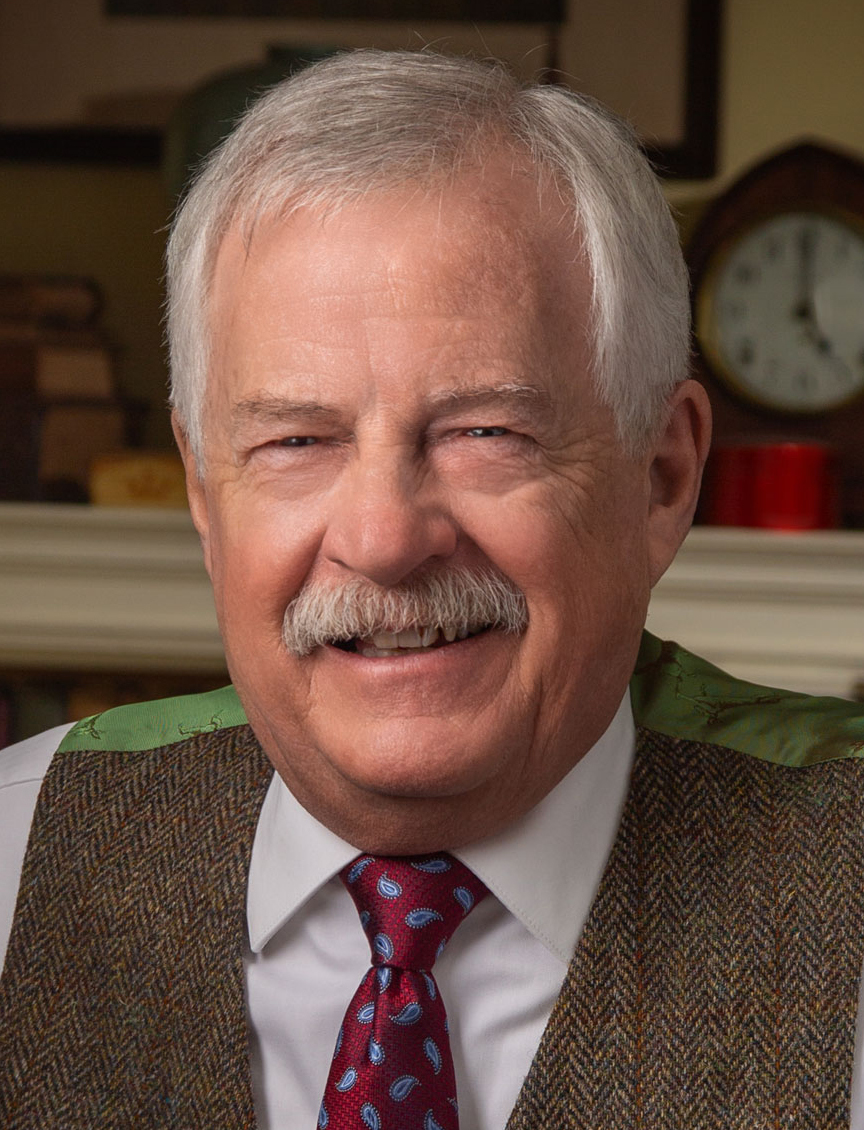A Journal for Church Officers
E-ISSN 1931-7115
Contents
A Little Exercise for Young Theologians Revisited
by Gregory E. Reynolds
Mission Policies of the Historic Presbyterian and Reformed Churches
by Michael M.
The Law as Mosaic Covenant? A Review Article
by David VanDrunen
New Covenant Theology: A Review Article
by Stephen A. Pribble
Paradise Lost: A Biography by Alan Jacobs
by Charles Malcolm Wingard
by William Drummond of Hawthornden (1585–1649)

From the Editor. We live in rancorous times which, unlike former times, cause us to experience the rancor almost ubiquitously and continuously. The ease with which messages may be sent through various media tend to undermine thoughtfulness and personal accountability. Sin has always caused societal toxicity, but the contemporary electronic environment has exacerbated this poisonous atmosphere. Church officers are not immune to this poison and are called not only to avoid it themselves but also to help their congregations to eschew it.
Because ministers are in the best position to model humility, compassion, and thoughtful communication, I have thought it prudent to cover this topic in an editorial that is slightly expanded from 2012 and was published in 2021, “A Little Exercise for Young Theologians Revisited.” Old theologians are always in need of renewing the exercise. Richard Gaffin’s submission of “Ordination and Installation Charge” reminded me of this editorial, based on Helmut Thielicke’s (1908–86) 1962 booklet entitled A Little Exercise for Young Theologians.[1] Gaffin reminds us that essential to preaching the Word faithfully is a servant attitude. As Paul reminded Timothy, “The Lord’s servant must not be quarrelsome but kind to everyone, able to teach, patiently enduring evil, correcting his opponents with gentleness” (2 Tim. 2:24–25). Gentleness, patience, and kindness are an essential part of the whole counsel of God we are sworn to uphold.
“Mission Policies of the Historic Presbyterian and Reformed Churches” by Michael M. is purposely anonymous for security reasons. He traces the development of Presbyterian and Reformed missions, beginning with an examination of the missiology of Gisbertus Voetius (1589–1676).
David VanDrunen’s review article, “The Law as Mosaic Covenant?” reviews T. David Gordon’s two books on Paul’s understanding of law: Promise, Law, Faith: Covenant-Historical Reasoning in Galatians and Promise, Law, Faith in Romans: Covenant-Historical Reasoning Continued. Gordon adds to the historical conversation by insisting that Paul uses nomos (νόμος) almost exclusively to refer to the Sinai covenant.
Stephen Pribble reviews a new Reformed Baptist book, What Is New Covenant Theology: An Introduction, by A. Blake White. He demonstrates the flaws in this modified Dispensational theology, especially its biblicism.
Charles Wingard reviews a new addition to the fascinating Princeton University Press series of biographies of books, Paradise Lost: A Biography by Alan Jacobs.
Our poem to begin the new year, “Change Should Breed Change,” is by Scottish poet William Drummond of Hawthornden (1585–1649). This little-known poem caught my eye as I was looking for the word “new” in the index of the lovely Oxford University Press anthology, The Oxford Book of Christian Verse.[2] As the sun shines longer with each day after the winter solstice, we welcome the change. He subtly hints at eternal verities transcending earthly change.
The cover photo is of Mount Washington (6,288 ft.), taken by me from Camp Shiloh in Jefferson, New Hampshire.
Blessings in the Lamb,
Gregory Edward Reynolds
FROM THE ARCHIVES “FOREIGN MISSIONS”
https://opc.org/OS/pdf/Subject_Index.pdf
Ordained Servant exists to help encourage, inform, and equip church officers for faithful, effective, and God-glorifying ministry in the visible church of the Lord Jesus Christ. Its primary audience is ministers, elders, and deacons of the Orthodox Presbyterian Church, as well as interested officers from other Presbyterian and Reformed churches. Through high-quality editorials, articles, and book reviews, we will endeavor to stimulate clear thinking and the consistent practice of historic, confessional Presbyterianism.
[1] Helmut Thielicke, A Little Exercise for Young Theologians, trans. Charles L. Taylor (Eerdmans, 1962).
[2] The Oxford Book of Christian Verse, chosen and edited by Lord David Cecil (Oxford University Press, 1940), 115.
Contact the Editor: Gregory Edward Reynolds
Editorial address: Dr. Gregory Edward Reynolds,
827 Chestnut St.
Manchester, NH 03104-2522
Telephone: 603-668-3069
Electronic mail: reynolds.1@opc.org
© 2026 The Orthodox Presbyterian Church